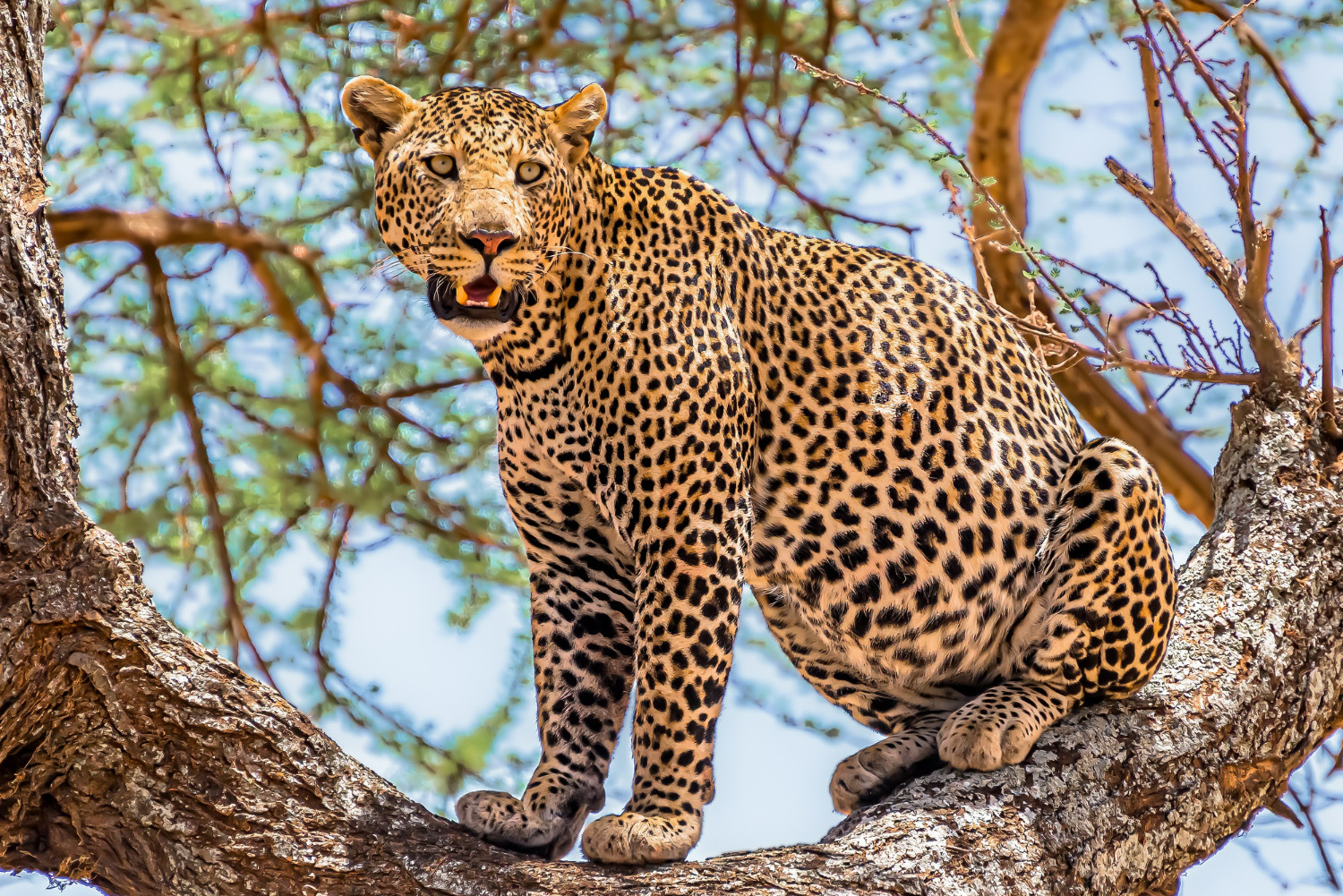Leopards, with their majestic presence and elusive nature, have long captivated our imagination. From the pages of Rudyard Kipling’s “The Jungle Book” to real-life encounters, these magnificent predators have left an indelible mark on our minds. As we commemorate International Leopard Day, let us take a moment to appreciate these fascinating creatures and reflect on the challenges they face in our rapidly changing world.
One of the most famous leopards in literature is Bagheera, the black leopard from “The Jungle Book,” who played a pivotal role in saving the young Mowgli from the clutches of Sher Khan, the tiger.While Bagheera’s story is a work of fiction, the real-world plight of leopards is no less dramatic. Today, leopards are facing increasing threats due to habitat loss,human-wildlife conflict, and illegal poaching.
In India, leopards are known by various names such as Guldar, Bibat, and Tendua, reflecting their widespread presence across the country. With their remarkable agility and camouflage abilities, leopards have adapted to a diverse range of habitats, from dense forests to urban areas.However,their proximity to human settlements has led to a rise in conflict incidents, posing challenges for conservationists and local communities alike.
According to the latest estimates from the National Tiger Conservation Authority (NTCA) and Wildlife Institute of India (WII), the leopard population in India stood at approximately 13,874 individuals in 2022. While this may seem like a substantial number, the increasing instances of human-leopard conflict highlight the urgent need for effective mitigation measures.
In recent years, news reports have highlighted the alarming trend of leopards straying into urban areas, causing panic among residents and posing risks to human safety. The reasons behind this phenomenon are complex and multifaceted, with factors such as habitat encroachment, prey availability, and human activities playing a role.
To address the challenges posed by human-leopard conflict, innovative solutions are needed. One such initiative is the Human Animal Conflict Mitigation System (HACMS) developed by Valiance Solutions.This cutting-edge system leverages technology to provide real-time alerts to forest officers and communities when leopards are sighted in their vicinity. By raising awareness and facilitating timely responses, HACMS aims to promote coexistence between humans and wildlife while minimizing the risks of conflict.
On International Leopard Day, let us reaffirm our commitment to protecting these magnificent animals and their habitats. Through collaborative efforts, innovative solutions, and a shared sense of responsibility, we can ensure that leopards continue to roam free in the wild, enriching our natural heritage for generations to come.
Piyush is a seasoned professional with over 14 years of extensive experience blending technical and administrative expertise. He possess a deep understanding of transformative technologies, including IIoT (Industrial Internet of Things), IoT (Internet of Things), data analytics, artificial intelligence (AI), and machine learning (ML). His proficiency in these areas allows him to leverage technological advancements effectively, driving innovation and delivering optimal solutions to clients.




